“If I were twenty years old now, firstly, I would still choose journalism, and even if I were reincarnated as a human, I would still strive to become a journalist. Secondly, I would still join the Communist Party of Vietnam , without change,” Mai Song Be confided.
With a heavy heart for the two words journalism, Mai Song Be often has different ideas in his mind. These days, he cherishes the idea of carving the names of 512 martyred journalists to worship at the space of Cu Lao Rua Library (the second private library in Binh Duong province founded by him). "Because there has never been a nation, a press that has had as many war correspondents sacrificed as Vietnam. There are press units like Kien Giang Branch which was wiped out 7 times, the whole agency was sacrificed, Long An Branch was wiped out 3 times".
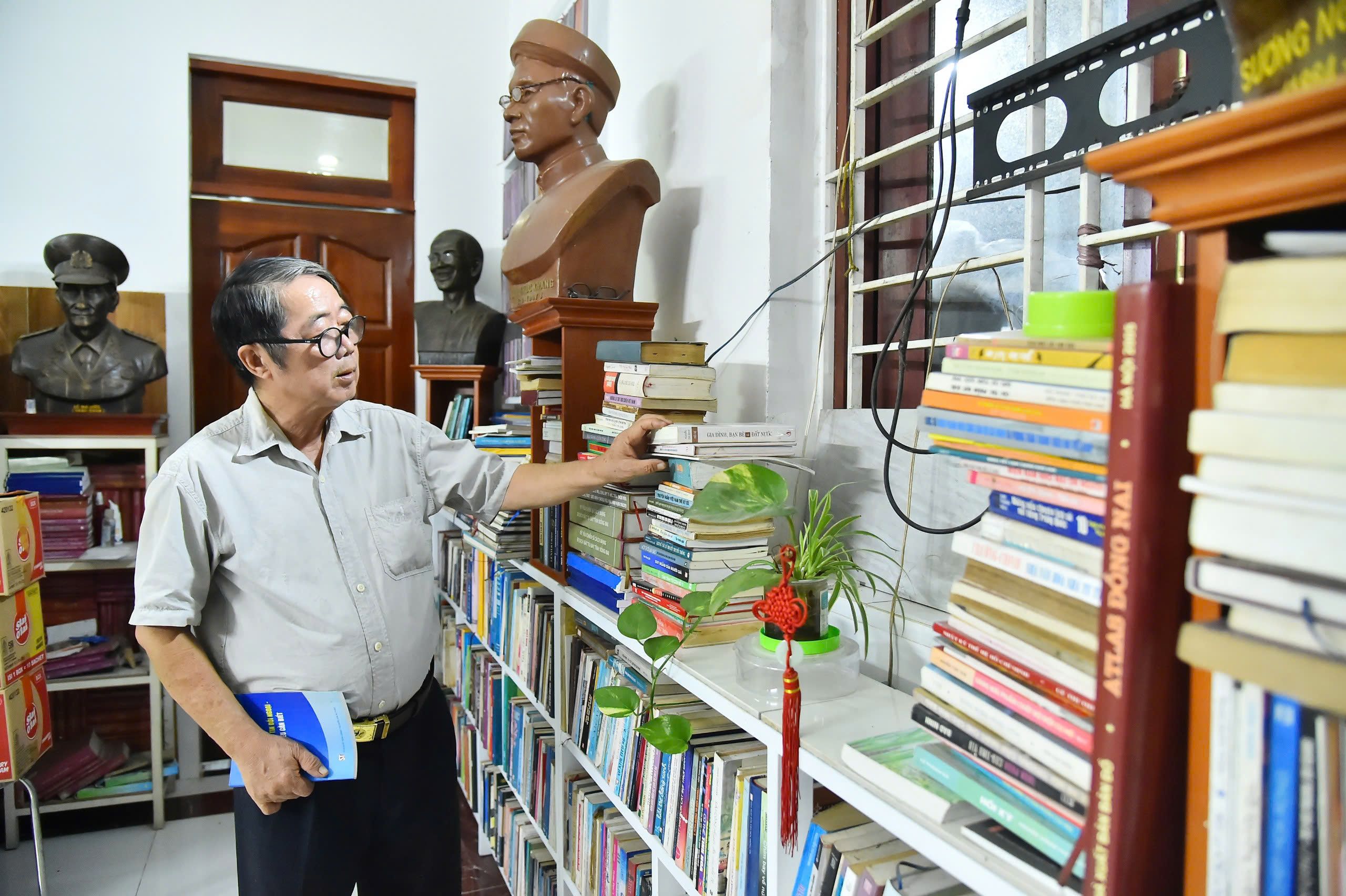
Journalist Mai Song Be with his Book Library after retirement.
Speaking of this, Nam Be took a deep breath of his cigarette, as if trying to suppress his emotions, his voice full of sorrow: “These 512 journalists compared to the number of more than 1 million Vietnamese soldiers who sacrificed their lives on the battlefield is not worth much, but think about it, until now, the Vietnamese press has developed in the 21st century, and the whole country only has 20,500 journalists, then losing more than 500 journalists back then was a very valuable asset, very valuable. Not everyone can be a journalist. So, it is a great loss.”
Still in high spirits, Mai Song Be said that they were very brave, going to battle not only as war reporters but also as soldiers fighting for freedom and independence. Western journalists had the word “Press” on their backs to distinguish the two sides, but Vietnamese journalists did not have that word. They took their pens and cameras, volunteered to go to the front, took their guns and sacrificed themselves. War journalists did not have a badge or papers with their father’s name, mother’s name, and hometown like the main force soldiers and guerrillas. When they went to battle, they sometimes sacrificed themselves and sometimes their remains were never found.
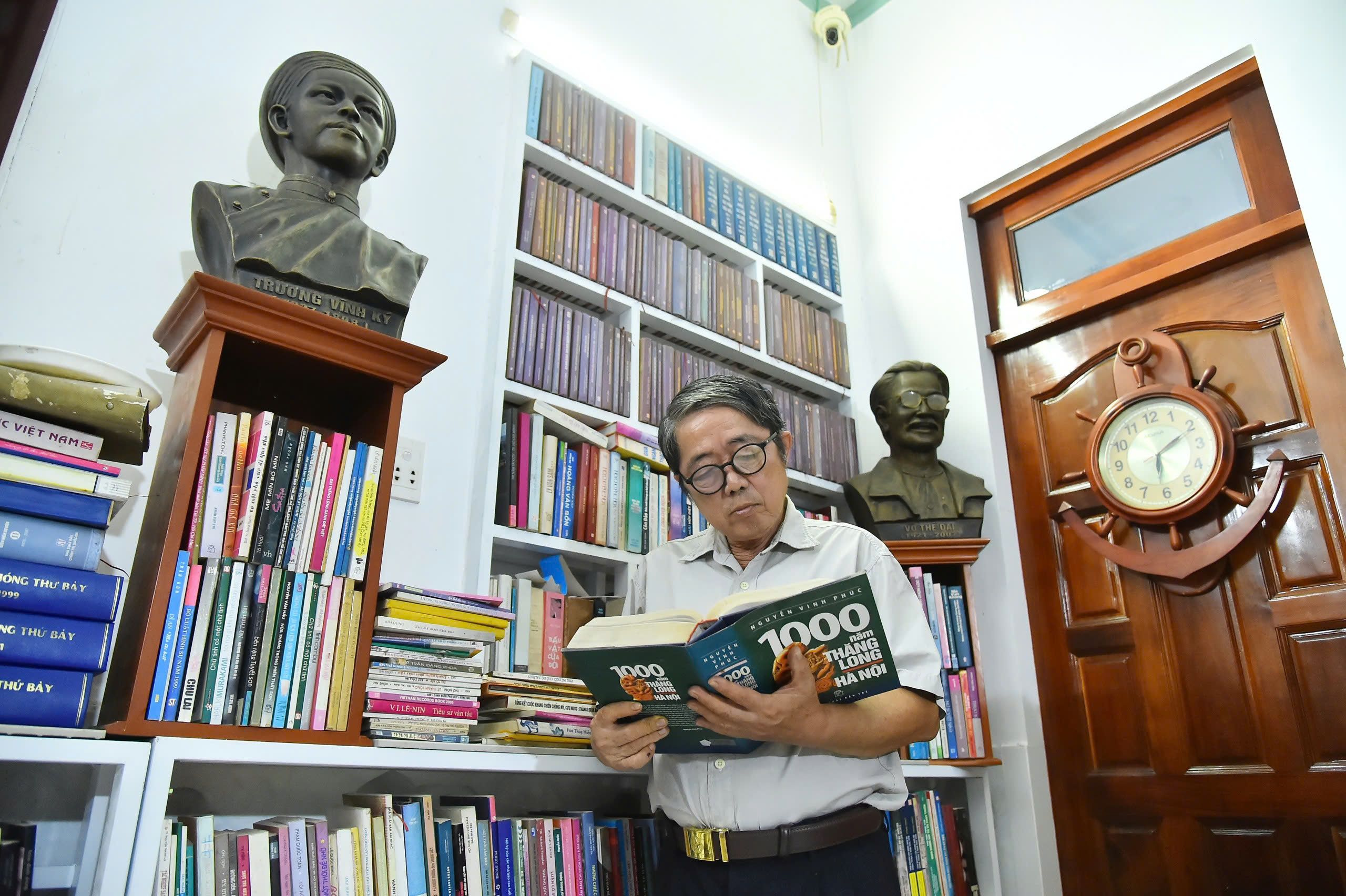
Journalist Mai Song Be believes that the greatest happiness of a journalist is to write "correctly, accurately, and truthfully".
He then told the story of journalist Cao Kim (Liberation Army). When he was sent to the Long An battlefield, he sent all his documents to the Commune Secretary and then joined the anti-sweep operation. Later, people discovered that the Commune Secretary had died, and had documents with Cao Kim’s name on them, so they… reported home that he had died.
“The agency held a memorial service, and when I saw him, I just... came back. Later, he became a member of the Executive Committee of the Vietnam Journalists Association and Editor-in-Chief of Hai Phong Newspaper,” journalist Mai Song Be recounted.
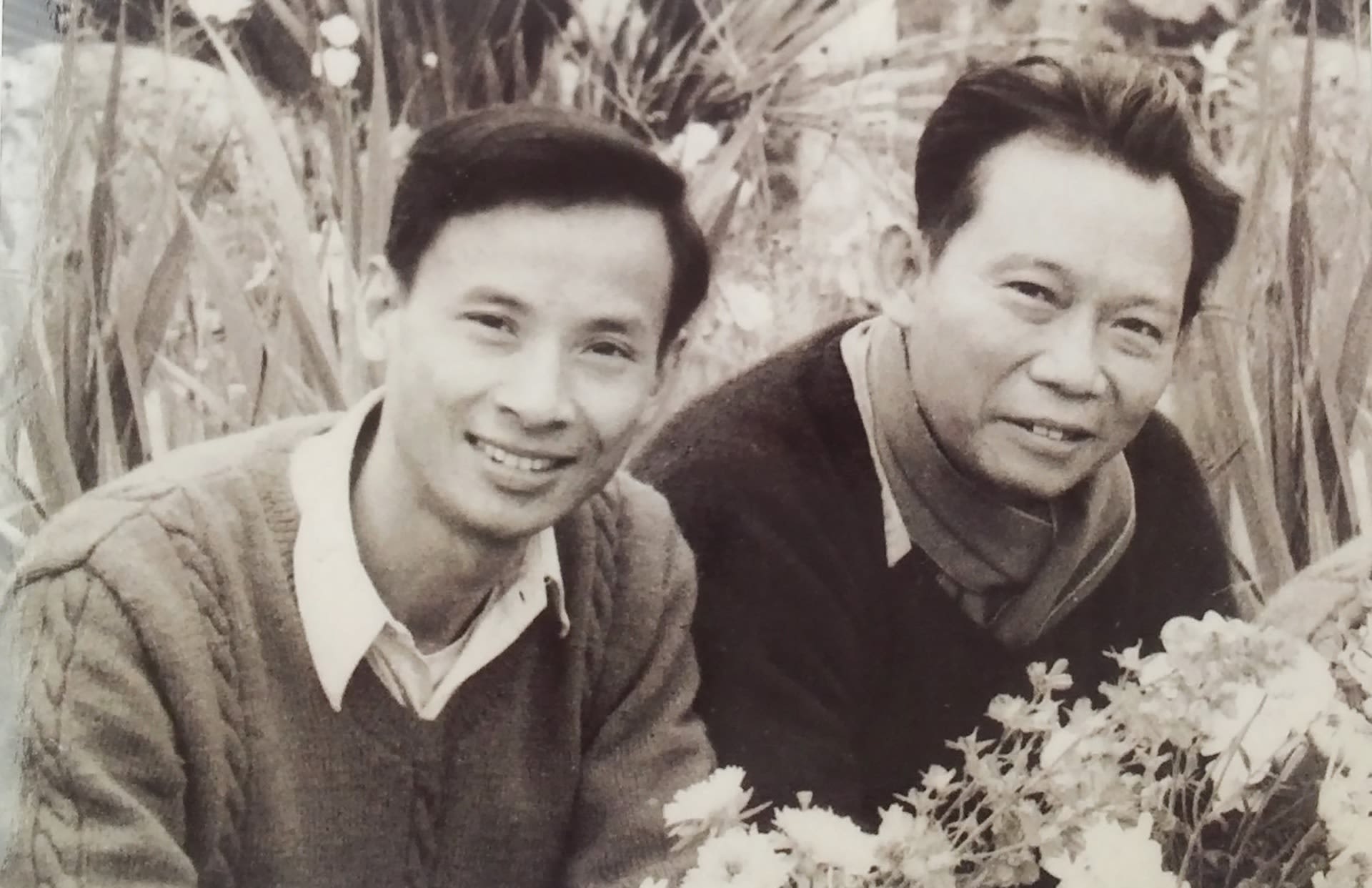
Journalist Cao Kim (right), who had a failed memorial service... while working on the southern battlefield.
Citing such an example, the old journalist said that the sacrifice of more than 500 Vietnamese journalists in the two wars was enormous. Therefore, we should not be vague, mistaking the press as the "fourth power", but need to be aware: The power of the press is the power of the people. "I am grateful to the journalists who fell on the battlefield in the wars to defend the country, every day I want to burn incense for my beloved colleagues" , he whispered in conclusion.
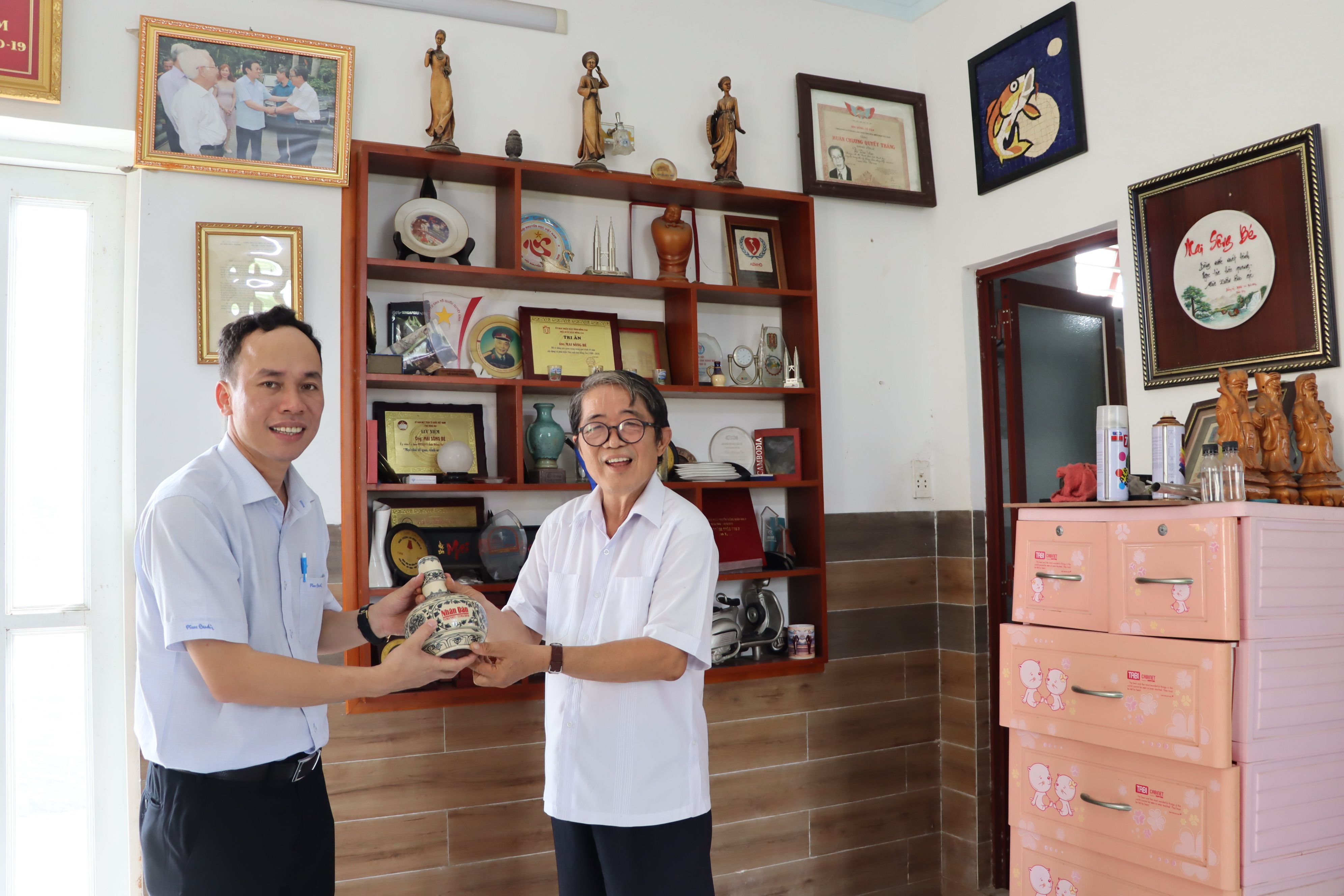
Journalist Mai Song Be and author.
Mai Song Be is like that, retired but never... quit his job.
Having retired to the garden for nearly 10 years now, hidden in the heart of the poetic countryside, journalism still comes to him, like the mission of a silkworm to spin silk. Writing, for Mai Song Be, is like breathing. Even when living with the after-effects of a rather severe stroke for several years now, he still maintains an abundant writing force, like the hot blood flowing through his veins. From the peaceful land of the small Turtle Islet, he still has a "pure heart, sharp pen" to enthusiastically join the breathing of his homeland, country and times.
Up to now, journalist Mai Song Be has published 20 books. The author is most fond of two books: “Baghdad, the city under siege” which was born from a trip to Iraq after the Gulf War; and “Rising water in the season of nostalgia”, which talks about the consequences for the Mekong River in the Mekong Delta region when people blocked the flow on the other side. The words are rich in emotion, the content of Mai Song Be’s books is also full of vivid data and information. Being a person with limited technology, having difficulty acquiring knowledge through modern media, but possessing a pen that is almost like an expert, Nam Be revealed his “secret”: I have good friends, wise teachers (as he spoke, he pointed to the shelves full of books). That’s the book, just read and write.
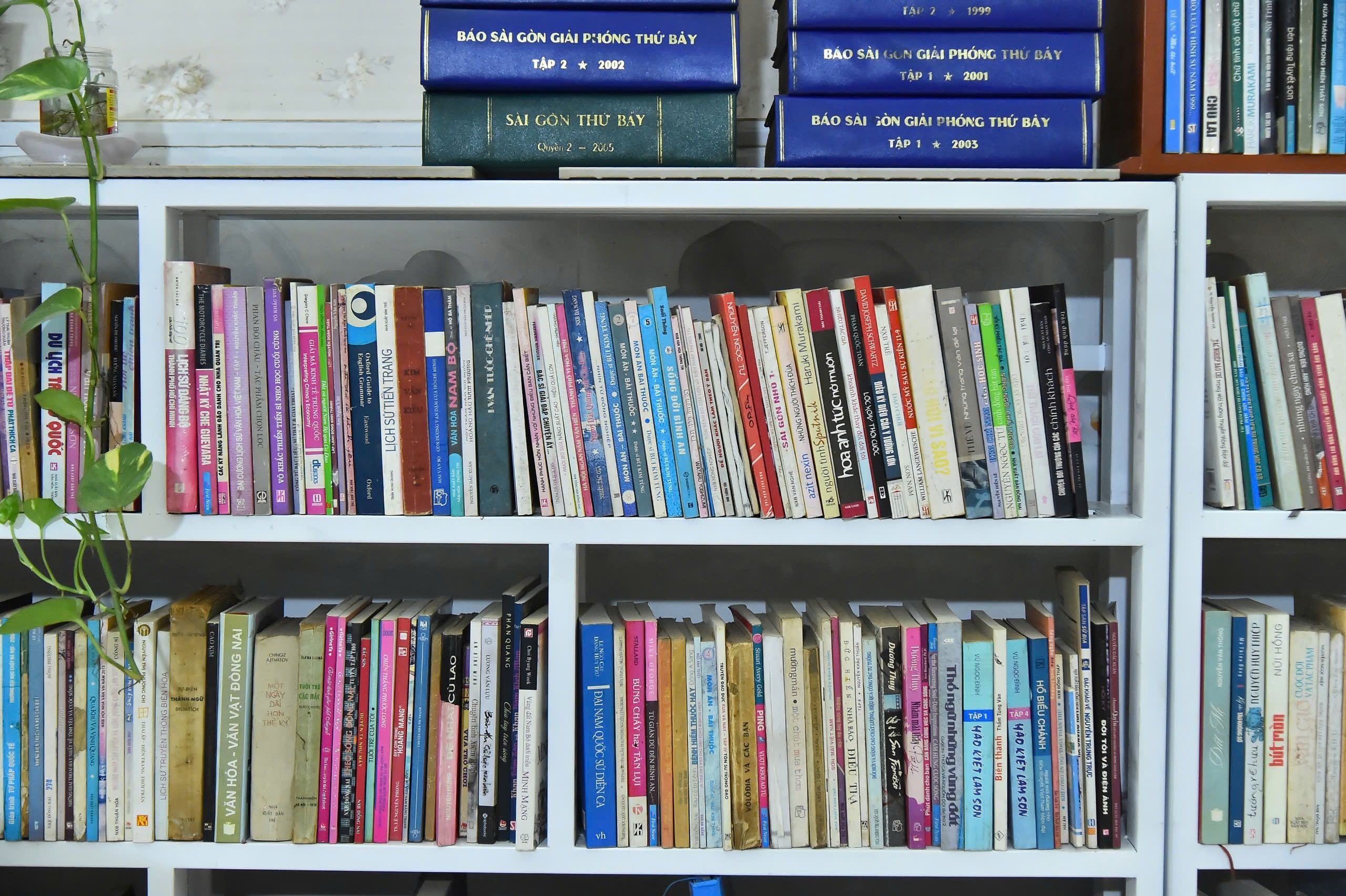
Books - that is the great friend that has accompanied journalist Mai Song Be throughout his life...
Speaking of the second private library in Binh Duong province, which he saved from his salary during his years of work to buy books and the cooperation of his friends and brothers, serves readers of all ages. The books are packed with volunteers. To the point that recently, he had to move out to the porch to live and write, making room inside for... books. Anyone who advised him to stay healthy would immediately receive the answer with a laugh, "If I don't write, I'll get sick . "
He has only written by hand all his life, although now it is quite difficult to hold a pen. At the book launch of “Ke si Dong Nai” a few months ago, the author half-jokingly said that he will only leave this temporary world when he has finished paying off his debt to life with 5 more books. Recently, the manuscript of “Water and Tears”, a topic that he has been concerned about since his time in office, has also been completed.
Every morning when he wakes up, the first thing the “commoner’s descendant” does is to respectfully light incense at the altar of Uncle Ho and the five famous people of Dong Nai, solemnly set up at the Library. It seems that this is how Nam Be communicates with his ancestors about the endless stories in the flow of life about “the ancestors opening the land, the descendants opening the mind”.
No matter what the homeowner does, the radio and television still play nonstop day and night… That is his habit, his way of absorbing domestic and international news. And, articles containing dissenting voices appear naturally, like a light breath in the middle of a windy island…

Journalist Mai Song Be retired but never... stopped working.
Anyone who wants a “stale” working style should not pursue journalism, is the catchphrase that Director Mai Song Be often reminded his colleagues when he was working at Dong Nai Radio and Television Station. “Born from a buffalo wallow, from a young newspaper seller, I dreamed of becoming a reporter, a journalist, but I never thought of becoming a newspaper official. Therefore, when I was able to hold a pen and write for the newspaper, that was the greatest happiness of my life ,” he confided.
Coming to the writing profession naturally, Nam Be considers it a destiny. However, the most memorable memories, according to him, are the days working on the southwestern border battlefield and on the land of Cambodia, witnessing the images of death and crimes committed by the Pol Pot regime. At that time, Mai Song Be was a reporter for the Vietnam News Agency.
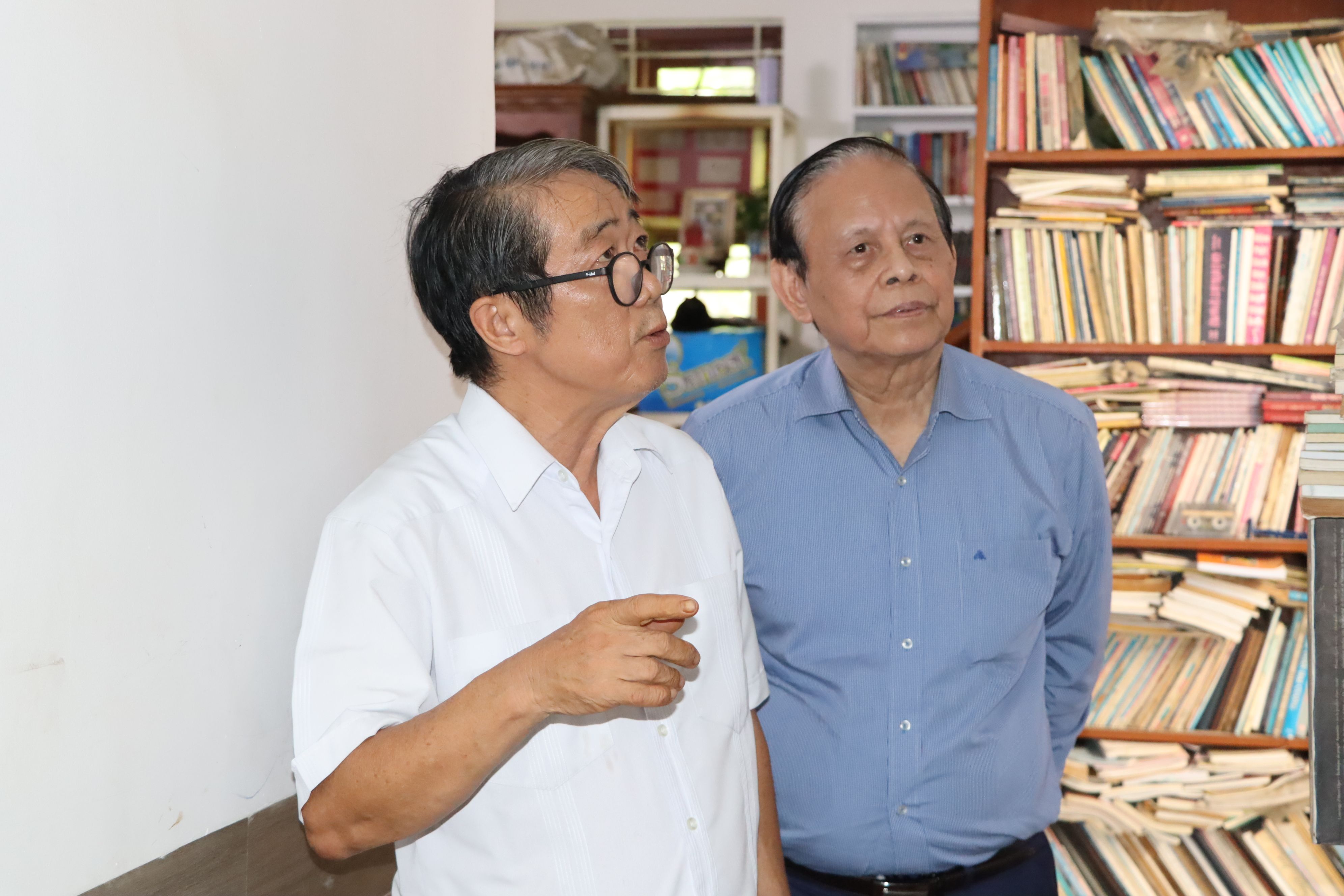
Journalist Mai Song Be introduces books in the Library with Journalist Hong Vinh, former member of the Party Central Committee, former Editor-in-Chief of Nhan Dan Newspaper.
Later, he became Deputy Editor-in-Chief of Dong Nai Newspaper, and especially for 14 consecutive years in charge of Dong Nai Radio and Television Station as Director until his retirement, Mai Song Be is a name that left many impressions in the hearts of the press nationwide when he and his team built a proud "heritage". With a sharp, bold, and innovative mindset, he guided his colleagues to develop many breakthrough topics. With his "natural" talent for journalism, he personally edited, strung together, and censored each word, leading Dong Nai Radio to quickly win the A prize at the National Press Award in the first year of participation and continuously win high prizes in the following years.
As the leader of a press agency, he always stood firm in the face of temptations and challenges from “sugar-coated bullets”, determined to live a decent life with the noble profession he had chosen to dedicate himself to. Having experienced successively the glorious and bitter emotions, including being invited by the police investigation agency to work on a series of reports of the Station, he maintained his belief that truth, reason, fairness, and truth will prevail; just as beauty and goodness crush ugliness and evil in this world. Facing inevitable “occupational accidents”, he drew a “bloody” lesson to share with his comrades, which is to keep a “warm heart, cool head” in the face of all problems.
To promote the competition to create high-quality journalistic works, Editor-in-Chief Mai Song Be also encouraged and fueled young colleagues by building and promulgating an internal reward regulation with a breakthrough value in "cash" that was very attractive. Many times, upon hearing that his colleagues had won high prizes, he immediately put on his backpack and went to the award ceremony to share the joy. Then he got back in the car and drove back several hundred kilometers that night, so that he could welcome his comrades and friends early the next morning.
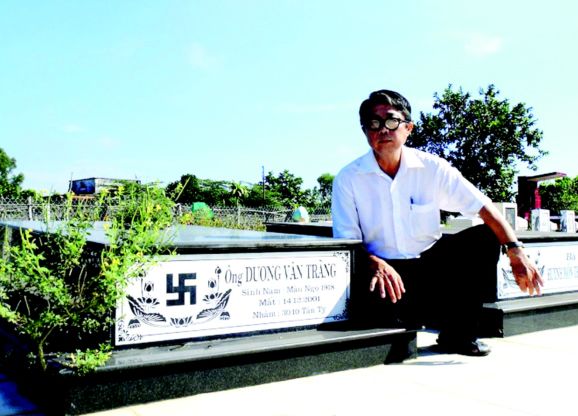
Journalist Mai Song Be when he was Deputy Editor-in-Chief of Dong Nai Newspaper. (Photo: Dong Nai Newspaper)
The word Love, there is a word Love. That is the name I borrowed from his poetry collection. If talking about connecting and creating quality relationships, in the Dong Nai journalism community, there are few people who can surpass Mai Song Be for a time.
Those relationships extended to the Central leaders, foreign figures, which were very beneficial for the common work, helping him lead the Dong Nai Radio and Television brand to become famous for both professional prestige and financial autonomy over a long period of time. This is probably what he is truly satisfied with, when looking back on his career as a journalist, which he personally felt he could not be satisfied with. Not requiring too sophisticated communication skills, Nam Be believes that if you treat people with all your heart, you will be close to each other. After all, everything will pass, only affection remains. If you live with affection for others, they will also live with affection for you. In that precious world of human affection, Mai Song Be confided that he was lucky and proud to have met Nhan Dan Newspaper...
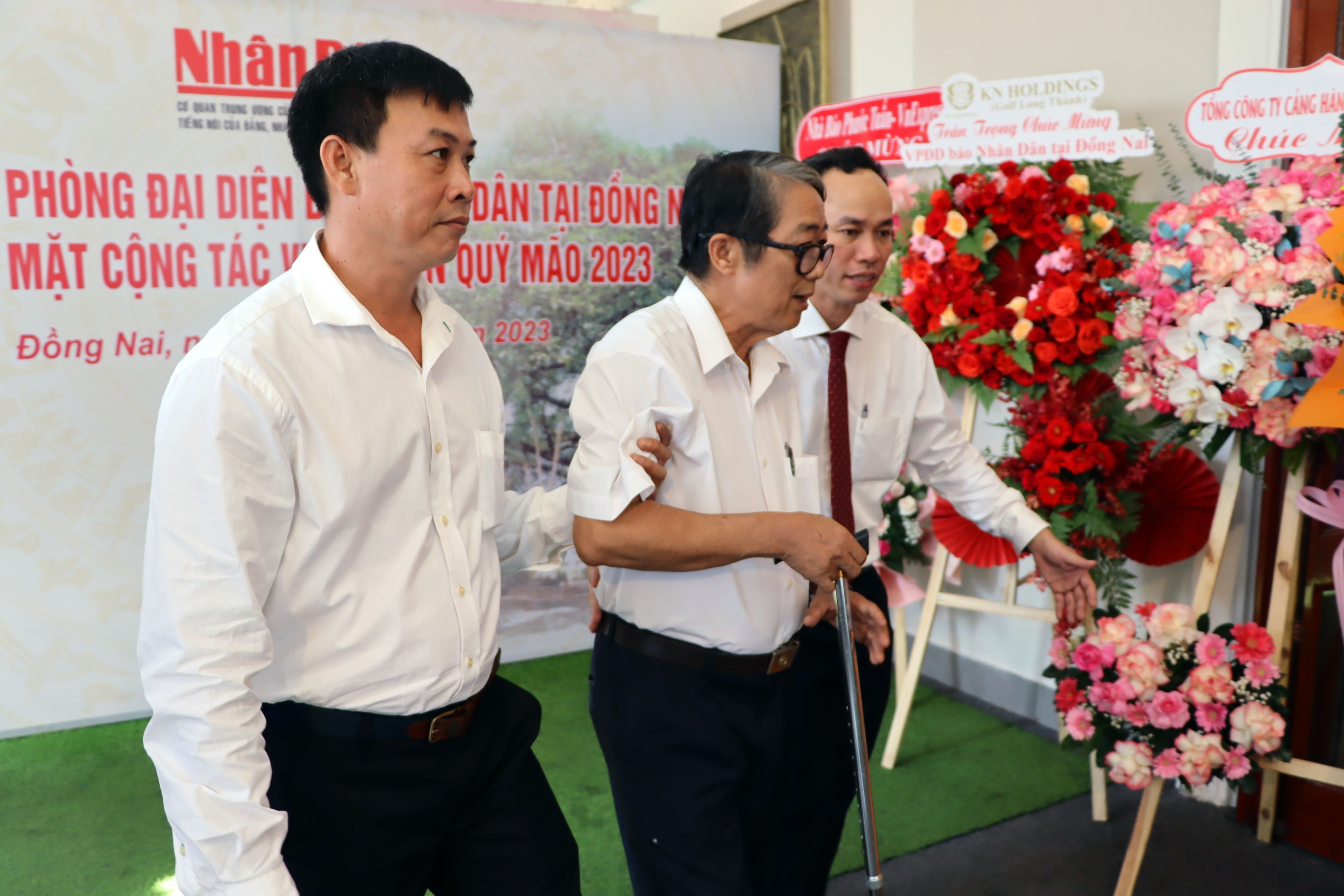
Journalist Mai Song Be attended the opening ceremony of Nhan Dan Newspaper Representative Office in Dong Nai on February 10, 2023.
Since the 80s of the last century, when he was a reporter for the Vietnam News Agency stationed in Dong Nai, Mai Song Be wrote for Nhan Dan Newspaper with many articles selected for publication on the agricultural page under the tenure of Journalist Huu Tho, Head of the Agriculture Department of Nhan Dan Newspaper.
He shared that back then, after receiving the royalties for each published article, he went to Vuon Mit post office to receive it with a feeling of elation, then immediately invited his colleagues to treat him to a drinking party at a popular restaurant. Generations of Nhan Dan Newspaper residents in Dong Nai always received his sincere advice, suggesting profound topics that he understood about the locality to write articles for the Party newspaper.
In his working positions, especially during his 25 years of participating in 5 terms as a member of the Executive Committee of the Vietnam Journalists Association, he also received special affection from generations of leaders of Nhan Dan Newspaper and the Vietnam Journalists Association.
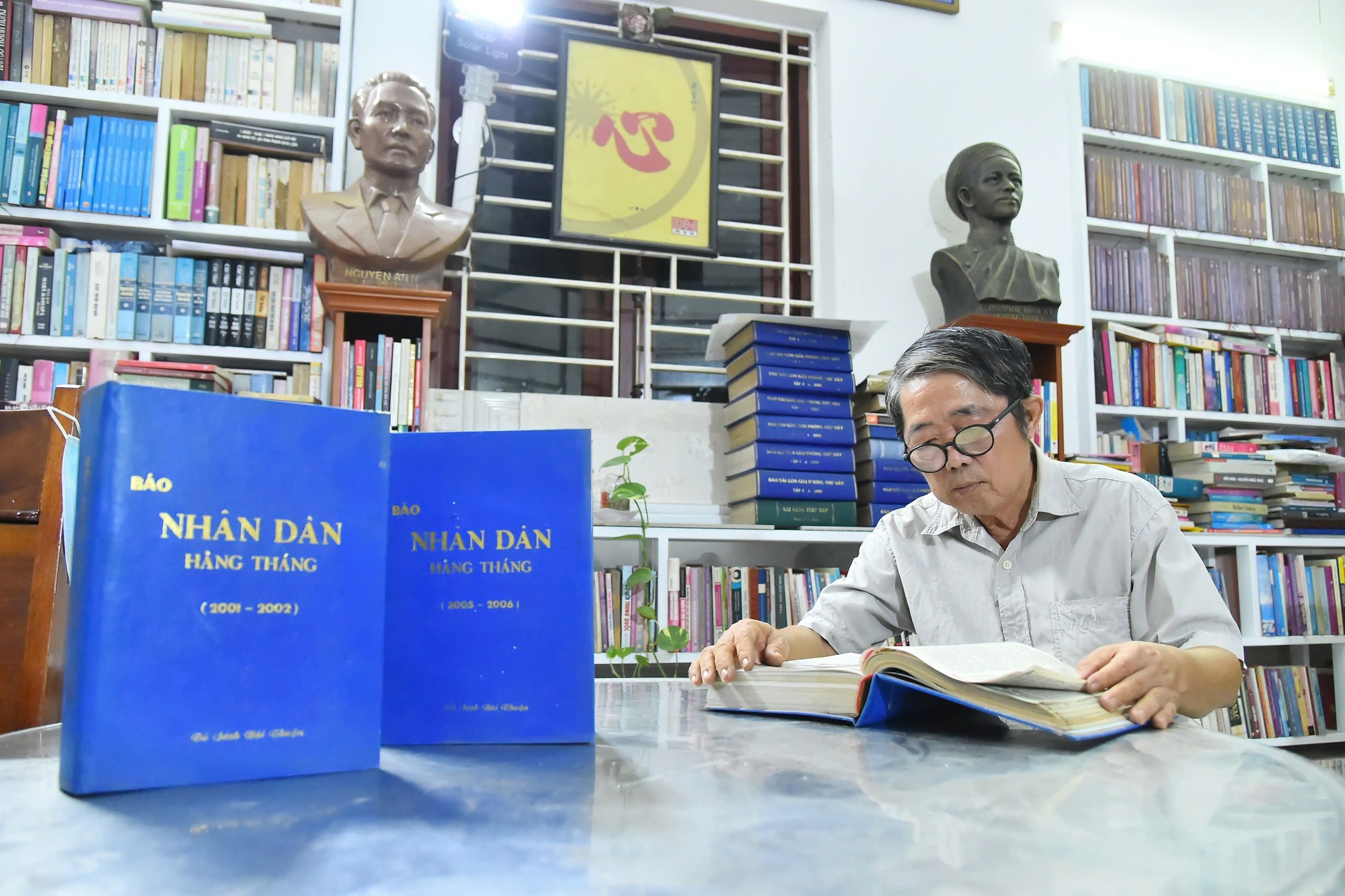
Journalist Mai Song Be collects and compiles articles published in Nhan Dan Newspaper every month.

Newspapers are classified into folders for easy searching and reference.
Source: https://nhandan.vn/special/nha-bao-Mai-Song-Be/index.html


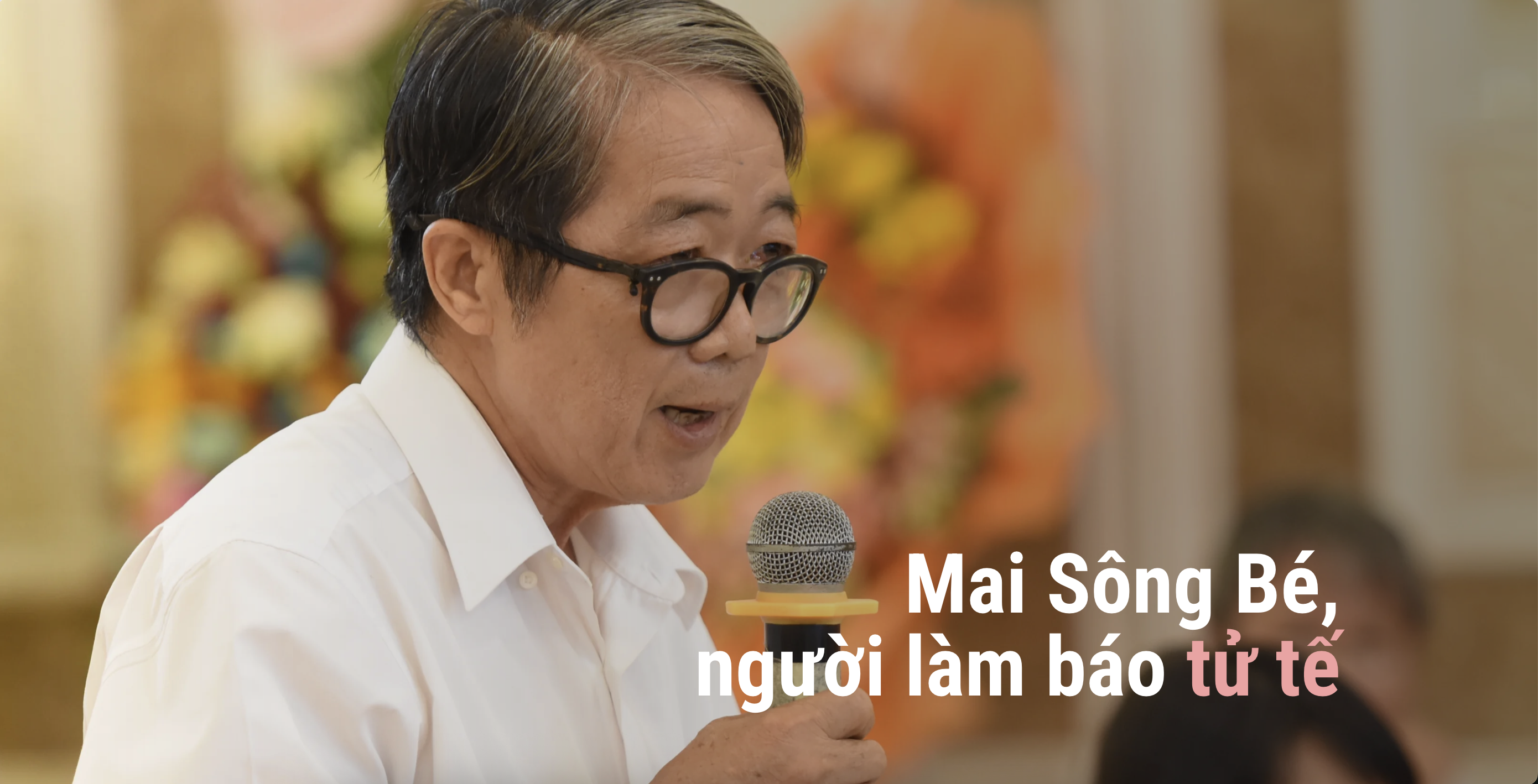




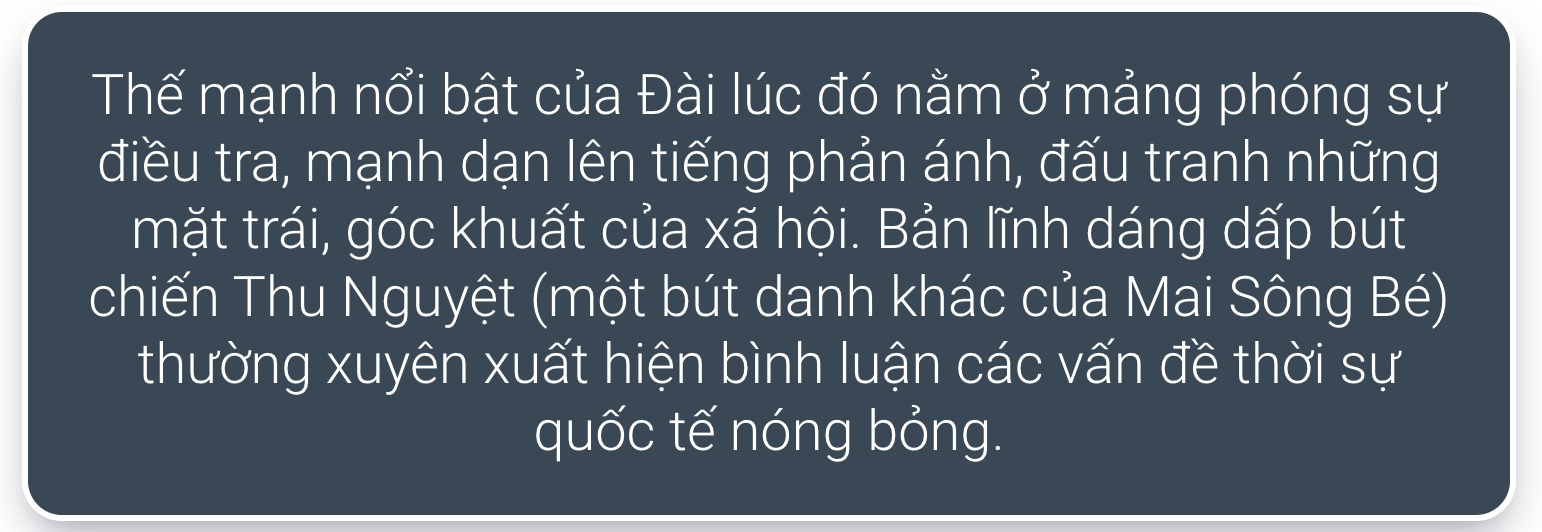









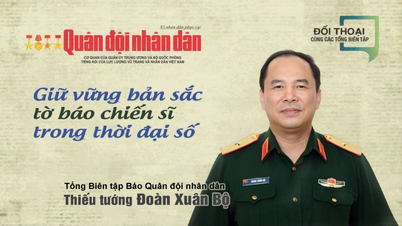
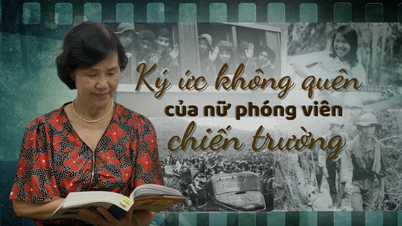
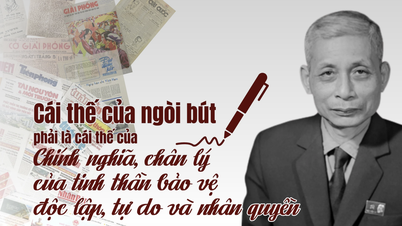
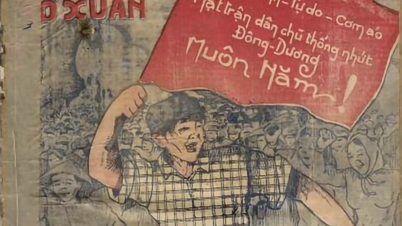

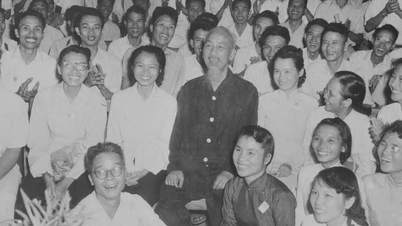
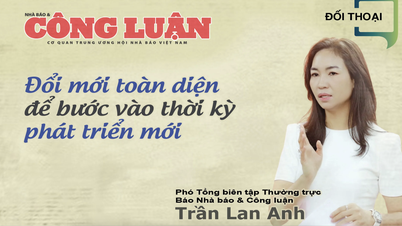
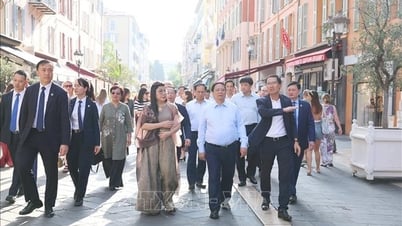


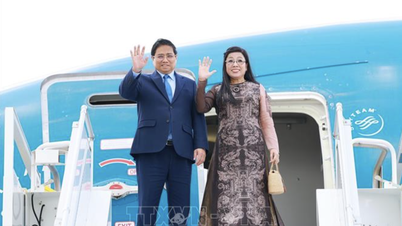

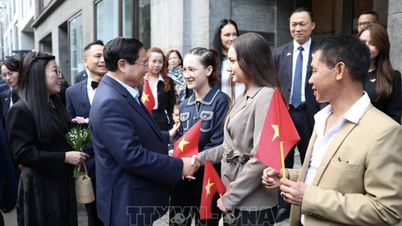





![[Video] Journalist Ly Thi Trung: a life devoted to revolutionary journalism](https://vphoto.vietnam.vn/thumb/402x226/vietnam/resource/IMAGE/2025/6/8/f66d85bab27c4ca281f97ffd774b66fc)
![[Photo] Dramatic final round of the 2025 Bac Ha District Traditional Horse Racing Tournament](https://vphoto.vietnam.vn/thumb/402x226/vietnam/resource/IMAGE/2025/6/8/a8ea341f5dd14225bed5779fc4943b60)



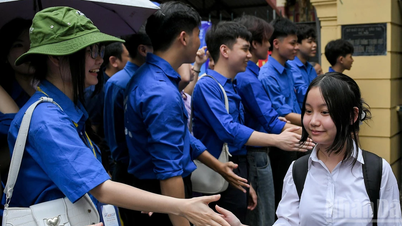

































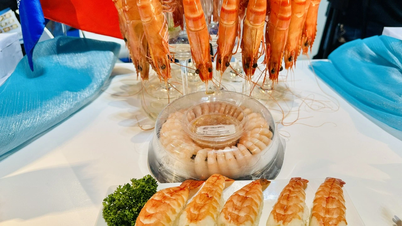









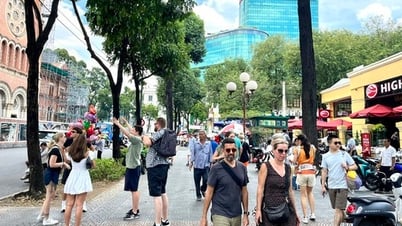


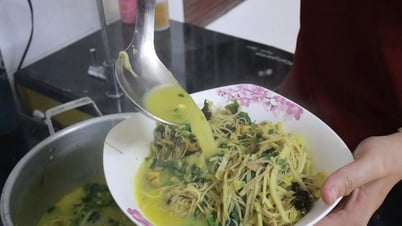















![[OCOP REVIEW] Tu Duyen Syrup - The essence of herbs from the mountains and forests of Nhu Thanh](https://vphoto.vietnam.vn/thumb/402x226/vietnam/resource/IMAGE/2025/6/5/58ca32fce4ec44039e444fbfae7e75ec)



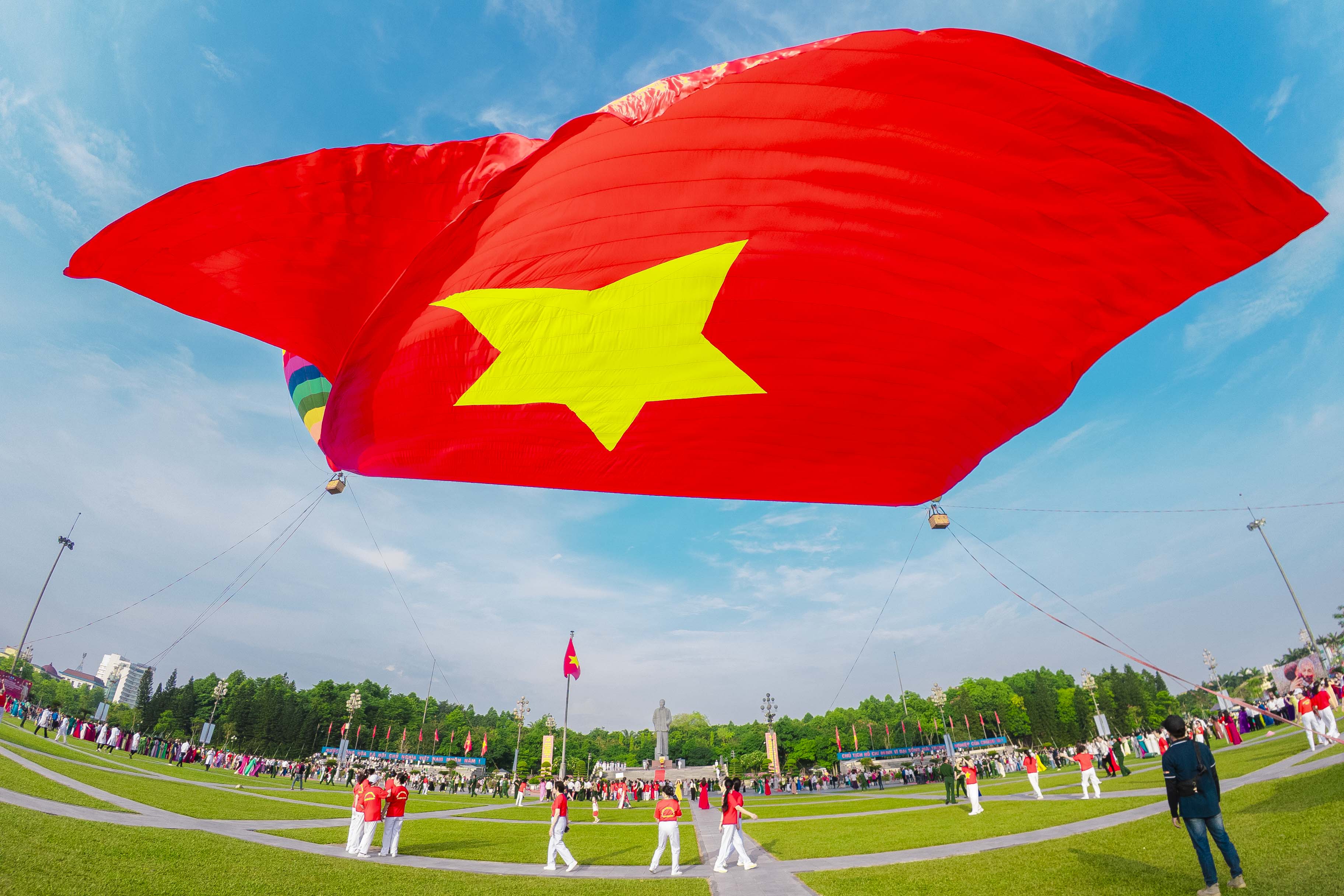
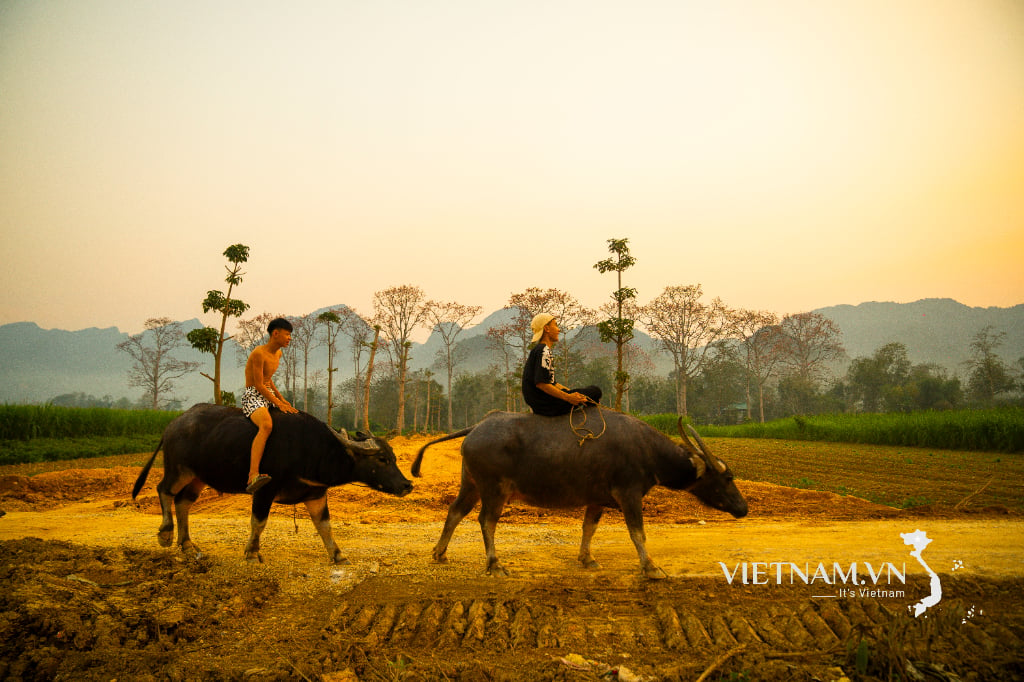
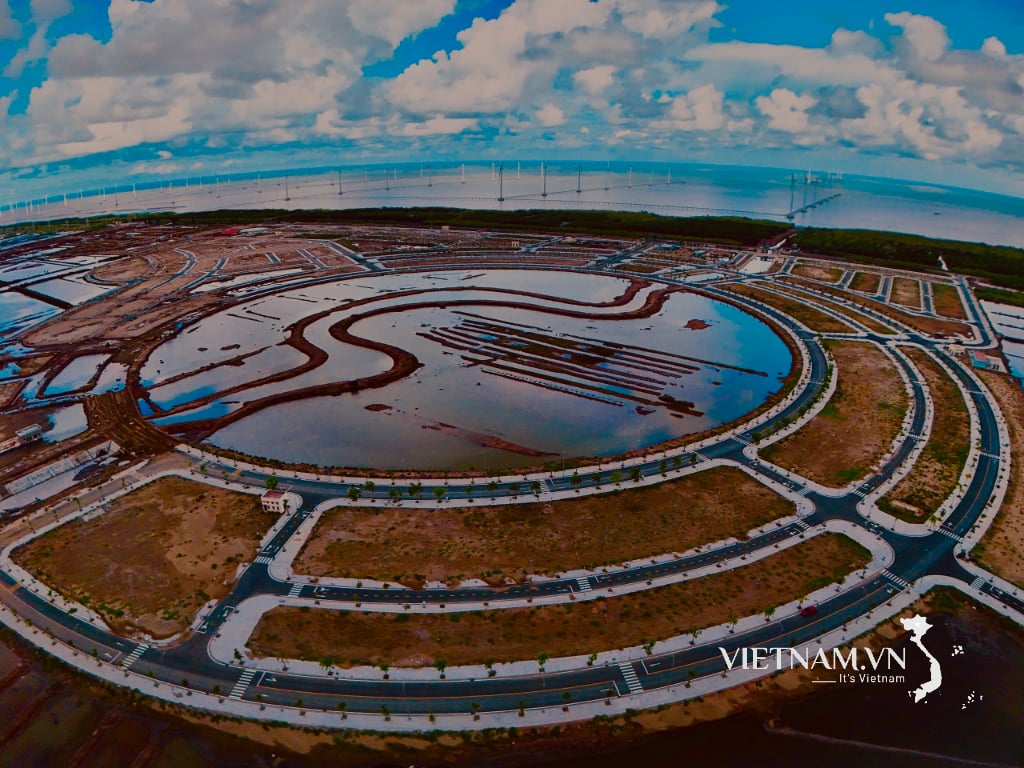
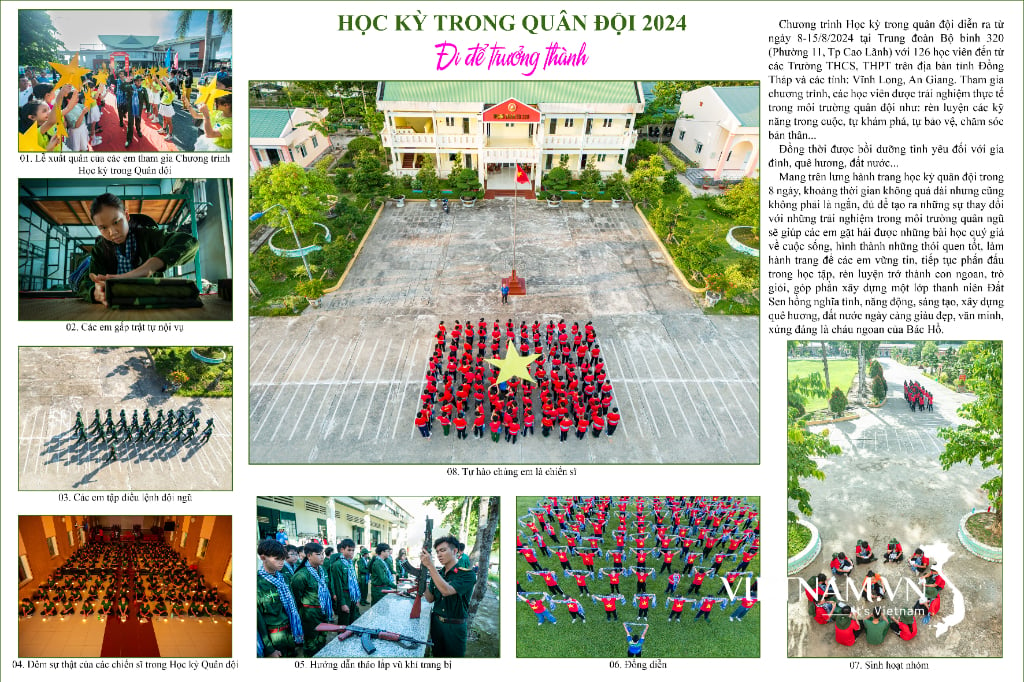
Comment (0)